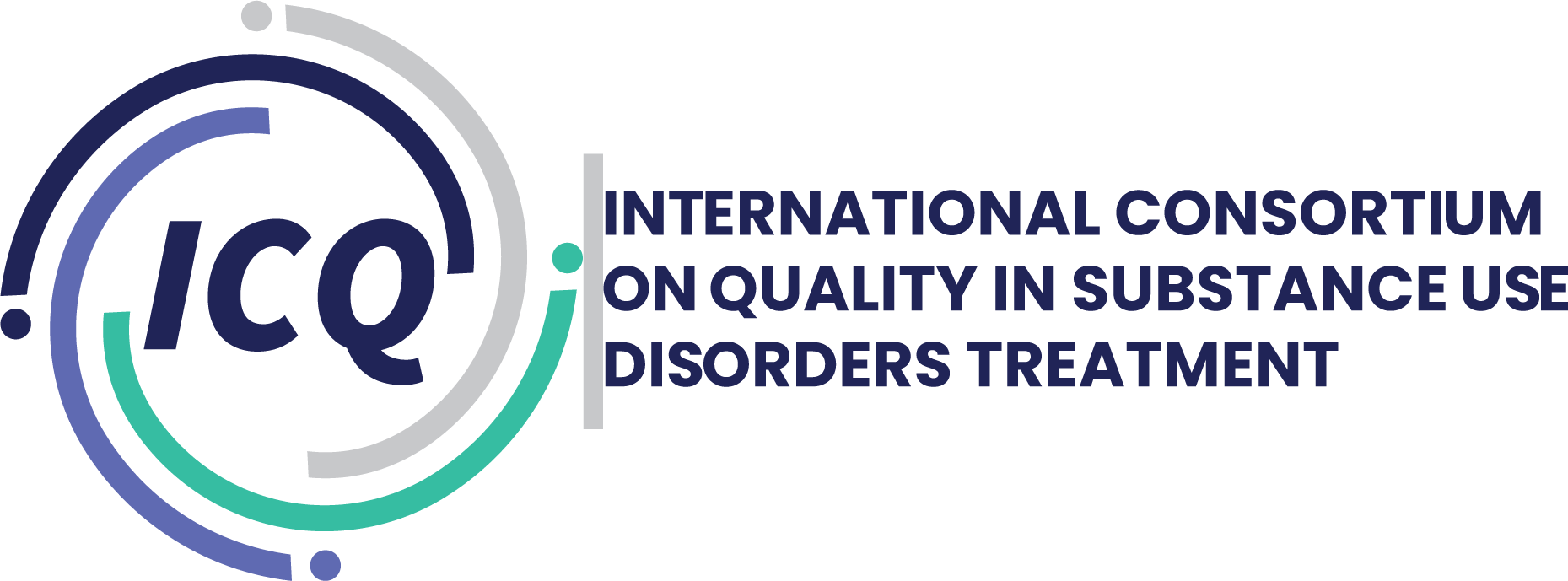Families and Ambiguous Loss: Hope, Resilience, Recovery
This webinar examines how hope and resilience influence the complex grief experienced by family members impacted by their loved one’s substance use disorder and how demographic factors among family members may moderate these effects. It emphasizes the importance of educating family members about the grief that arises when a loved one is physically present yet psychologically absent and highlights the need for counselors to focus on hope and resilience-building strategies in addiction treatment. Additionally, it advocates for increased family support in addiction treatment and calls for more family-centered guidelines in addiction counseling ethics, offering enhanced therapeutic practices for clinicians and supervisors alike.
Time: 12PM US Eastern Time
Presenter:
Alexia Florentin, PhD, LPC, LCDC, NCC, has a Doctoral degree from the Department of Counselor Education at Sam Houston State University. Florentin holds professional licenses as an LPC and LCDC in Texas and has been in practice as a bilingual counselor in mental health and addiction rehabilitation centers over the last eight years. Her research centers on the intersection of family systems, ambiguous loss, and resilience within the context of addiction. Florentin’s academic career has been marked by a dedicated commitment to teaching and service, where she has delivered courses in counseling for addictions and helped to spearhead initiatives to develop an undergraduate major in addiction studies. Florentin has presented at multiple Texas counseling-related conferences, including the Texas Association of Addiction Professionals (TAAP) Conference in 2022, where she presented on Clinical Implications and Adjustments in PHP/IOP Treatment after the impact of COVID.
Learning Objectives:
- Participants will be able to identify the psychological impact of ambiguous loss (complicated grief) on family members of individuals with substance use disorders and how hope and resilience can mitigate these effects.
- Participants will be able to explain how demographic factors (e.g., age, gender, relationship to the individual) influence the experience of grief in family members affected by addiction, and how these factors may moderate the impact of hope and resilience.
- Participants will be able to develop and implement specific strategies for educating family members about ambiguous loss and applying hope and resilience-building interventions into clinical practice and supervision to enhance family support in addiction treatment.
